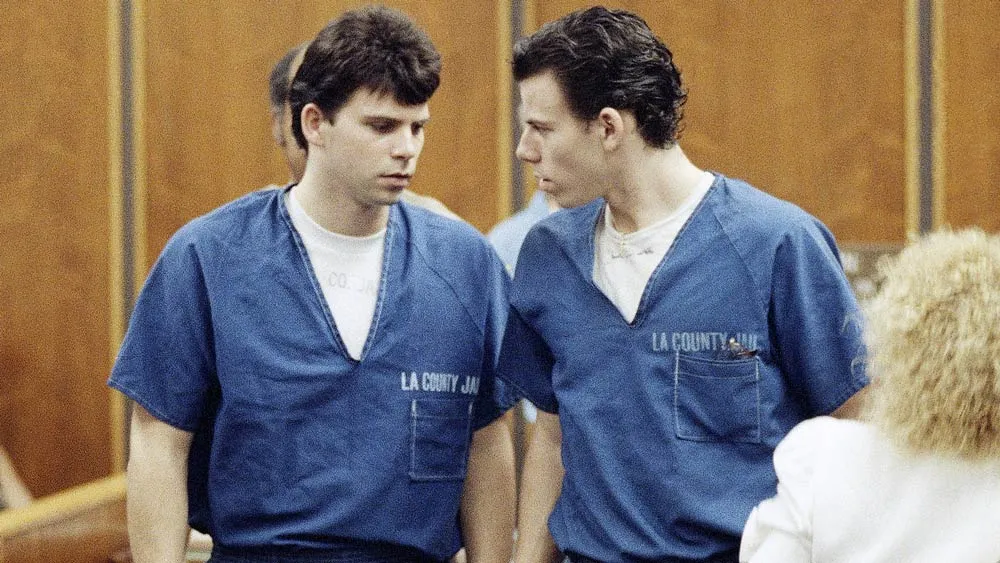March 14, 2017
Our Future: Is the Liberalization of College Campuses Really a Problem?
Kyle Mangione-Smith READ TIME: 4 MIN.
It's been interesting being in my first year of college as Trump took office, especially one as far left leaning as Boston's Emerson College. It's one thing to talk about how that's affected things internally, the way it's injected a straight shot of political fervor into young people across the board; but beyond that, it's been interesting to see the way it's shifted the entire conversation regarding academics.
Never in my life have I felt as if so much controversy has been focused directly on my peers and me. A moment from sometime in December sticks out in my mind - shortly after my morning class, I walked to the CVS by my dorm, and as I passed by shelves filled with magazines one, in particular, caught my eye. On the cover was a man in suit and tie, arms crossed in frustration, a small pin of the Republican elephant on his lapel, and his mouth taped shut. "HOW LIBERALS ARE RUINING COLLEGE" was printed in bold letters across the front. Before that moment, I can't say I'd ever felt as if a publication had actually tried to confront me directly. It was an odd feeling, to say the least.
This is only a piece in a conversation that's been growing for years, but that only came to a head recently. In the following months, I saw plenty more think pieces on how conservative students felt "oppressively ostracized" on college campuses, how they felt the need to hide their support for Trump, how liberal professors were supposedly silencing other perspectives. Members of far-right groups went as far as creating a watchdog list of leftist professors. These rumblings cascaded into a roar in February after the riots at Berkeley over Milo Yiannopoulos, over which conservative news outlets seemed to lose their minds.
At the root of all this is the concept that this occurrence is not natural, that it is a problem that has been manufactured overtime by the liberal elite, and beyond that, that it is an attack on students' freedom of speech. It's the argument that diversity of thought is inherently good, and that we should be working all student's perspectives into academia. It relies on the idea that the prominence of conservative thought within America qualifies it as being equal to its progressive counterpart, and because of that, there's something broken if both sides aren't represented equally.
Well, to put it bluntly, that's not how academia works, and I certainly hope that's not the direction higher education in America is heading. You don't get to have your political perspective validated by academics simply because it's widely held and you're impassioned, you have to show it can hold its ground ideologically and expands upon established discourse.
And frankly, capitalistic, reactionary, and conservative thought has hardly ever met those criteria. The majority of academics don't tend to sway towards the left because of the powers that be; they tend to sway towards the left because American conservatism isn't particularly academically sound. It would be ridiculous for a student to enter a film history course and demand that they dedicate half the curriculum to American blockbuster films of the 21st century just because that's what they know and care about, because despite its cultural prevalence, that's hardly relevant in the grand scheme of film history. Why should we demand the same of other subjects in the humanities?
It would be one thing if conservative students primarily wanted to debate the ideological basis for their beliefs or the way in which resources should be distributed, but from my experience, this is hardly ever the case. Instead, they'd rather talk about disliking safe spaces and trigger warnings, or make jokes about how many genders there are. Rather than looking to invite respectable figures that'll try to argue the benefits of a free market with reason to their campuses, they decide to invite Milo. Their challenges to concepts such as cultural appropriation and critical gender theory, concepts that have been studied by hundreds of academics for decades, usually are rooted in base-level misrepresentations that hold no weight.
Regardless of how this all sounds, I don't hold animosity for the young, conservative student in most cases. But to put it simply, for most of them, politics is equivalent to a game; regardless of what the government decides to do, they'll be ok. Minorities rely upon academics to help dismantle beliefs and institutions that continue to oppress them. On the flip side, conservative students want academics to reflect their own worldview simply because it's an opinion they hold and feel very deeply about. There are certainly faults in the nature of progressive politics that have grown across college campuses, faults that deserve to be critiqued and analyzed, but this trend towards shoehorned intellectual diversity needs to end.
Kyle Mangione-Smith is a filmmaker and student living in Boston.







